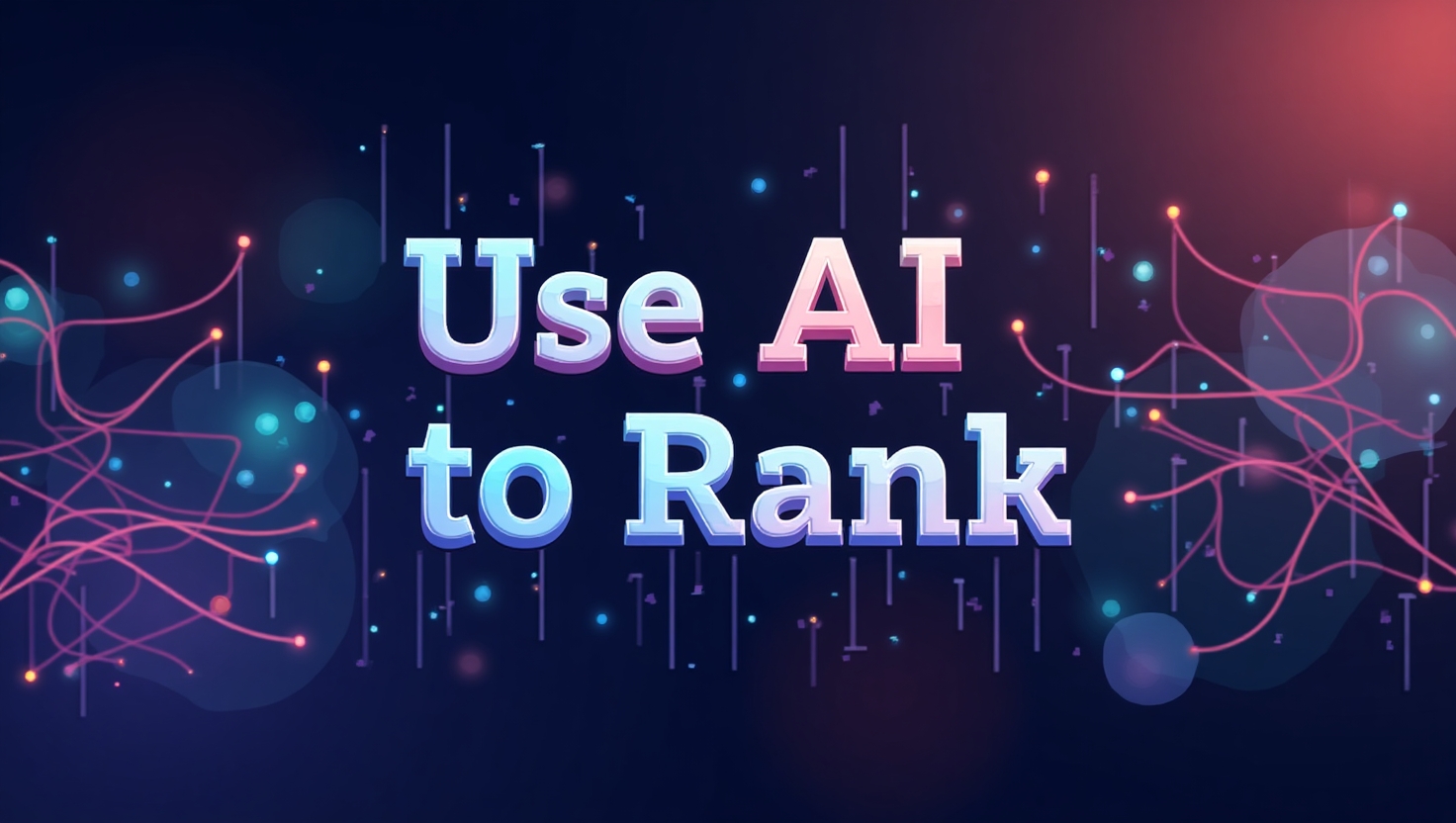27 | Mar
clevpro
27 Mar, 2025
How AI Solves E-commerce Problems & Boosts Sales

How AI Solves E-commerce Business Problems: A Simple Guide
Running an e-commerce business sounds exciting—setting up an online store, reaching customers worldwide, and watching sales roll in. But anyone who’s done it knows it’s not always smooth sailing. There are real challenges that can trip you up, like keeping customers happy, figuring out what to stock, or dealing with sneaky fraudsters. The good news? Artificial intelligence, or AI, is here to help. It’s not some futuristic sci-fi stuff—it’s a practical tool that’s already making life easier for online retailers. In this article, I’ll walk you through some of the biggest headaches e-commerce businesses face and show you how AI steps in to fix them. My goal is to keep it simple, human, and helpful, so you can see how this tech can work for your store too. Let’s dive in!
Customer Service That Never Sleeps
If you’ve ever run an online shop, you’ve probably felt the pressure of customer questions piling up. “Where’s my order?” “Does this come in blue?” “Can I return this?” With customers shopping at all hours, it’s tough to keep up—especially if you’re a small team or just one person. Hiring more staff to cover every time zone isn’t cheap, and who has the budget for that? This is where AI comes to the rescue with something super handy: chatbots.
These little helpers are like virtual assistants that don’t need coffee breaks. They can answer basic questions, track orders, or even handle returns—24/7. They’re built to understand what customers are asking (thanks to something called natural language processing, but don’t worry about the techy name—it just means they “get” human talk). Imagine a customer popping in at 2 a.m. with a question about shipping. Instead of waiting until morning, they chat with a bot and get an answer right away. That’s a happy customer, and it takes the load off your shoulders too. Big players like Amazon have been doing this for years, handling millions of chats without breaking a sweat. For your store, it’s a simple way to look professional and keep people smiling.
Making Shopping Feel Personal
Have you noticed how some online stores seem to know exactly what you want? You look at a pair of sneakers, and suddenly they’re suggesting the perfect jacket to match. That’s not magic—it’s AI at work. Customers today don’t want a generic shopping trip. They want it to feel personal, like the store’s speaking just to them. But when you’ve got hundreds or thousands of shoppers, how do you pull that off?
AI’s got the answer. It digs into data—like what people browse, buy, or leave in their carts—and figures out what they might like next. Then it suggests products that fit their style. It’s like having a friend who’s really good at gift ideas, except this friend never sleeps. Why does this matter? Because when customers see stuff they actually want, they’re more likely to buy. Plus, it makes them feel special, which keeps them coming back. Studies say this kind of personal touch can boost sales by double digits—pretty cool, right? Look at Netflix—they nail this with movie picks, and e-commerce stores are doing the same with clothes, gadgets, you name it. For your shop, it’s a way to stand out without needing a huge team.
Stocking Smarter, Not Harder
Inventory is one of those things that can keep you up at night if you’re running an online store. Order too much, and you’re stuck with boxes gathering dust. Order too little, and customers see that dreaded “out of stock” message. Either way, it’s money down the drain—either in unsold goods or missed sales. Guessing what people will buy is tough, especially with trends changing fast. AI makes this a lot less stressful.
Here’s how it works: AI looks at what you’ve sold before, checks out patterns like busy seasons or hot items, and even peeks at stuff like weather or holidays that might affect shopping. Then it predicts what you’ll need and when. It’s not perfect, but it’s way better than a wild guess. With this info, you can stock just enough to meet demand without overdoing it. Big stores like Walmart use AI to keep their shelves just right, and smaller shops can do it too with the right tools. It saves cash, cuts waste, and keeps customers from clicking away to a competitor.
Stopping Fraud Before It Hits
Selling online is awesome—until someone tries to scam you. Fake orders, stolen credit cards, or weird payment tricks can sneak up fast, especially if you’re busy juggling everything else. Losing money to fraud hurts, and it can scare off honest customers if they think your site’s not safe. Spotting the bad guys isn’t easy when orders are flying in, but AI’s like a security guard that never blinks.
It watches every transaction, looking for anything fishy—like a sudden big order from a brand-new account or a payment from halfway across the world. When something’s off, it flags it or even stops it cold, all in real time. This keeps your money safe and your reputation solid. Companies like PayPal use AI to sift through millions of payments daily, catching fraud before it’s a problem. For your store, it’s like having a shield that lets you focus on selling instead of worrying. Customers trust you more when they know you’ve got their back.
Why AI’s a Game-Changer for Your Store
So, there you have it—AI’s tackling some of the trickiest parts of running an e-commerce business. It’s helping with customer service so you don’t burn out, making shopping personal so people keep buying, sorting out inventory so you don’t waste money, and watching for fraud so you stay secure. The coolest thing? You don’t need to be a tech wizard or a massive company to use it. There are tools out there now that even small stores can plug into, and they’re getting easier to use every day.
Think about what this could mean for your business. Happier customers, fewer headaches, and maybe even a bigger bottom line. If you’re not already exploring AI, now’s a great time to start. It’s not about replacing the human touch—it’s about giving you room to shine where it counts. The online world moves fast, and AI’s a way to keep up without losing your sanity. Got thoughts on this? Drop a comment—I’d love to hear how you’re handling these challenges or if AI’s already making a difference for you!








